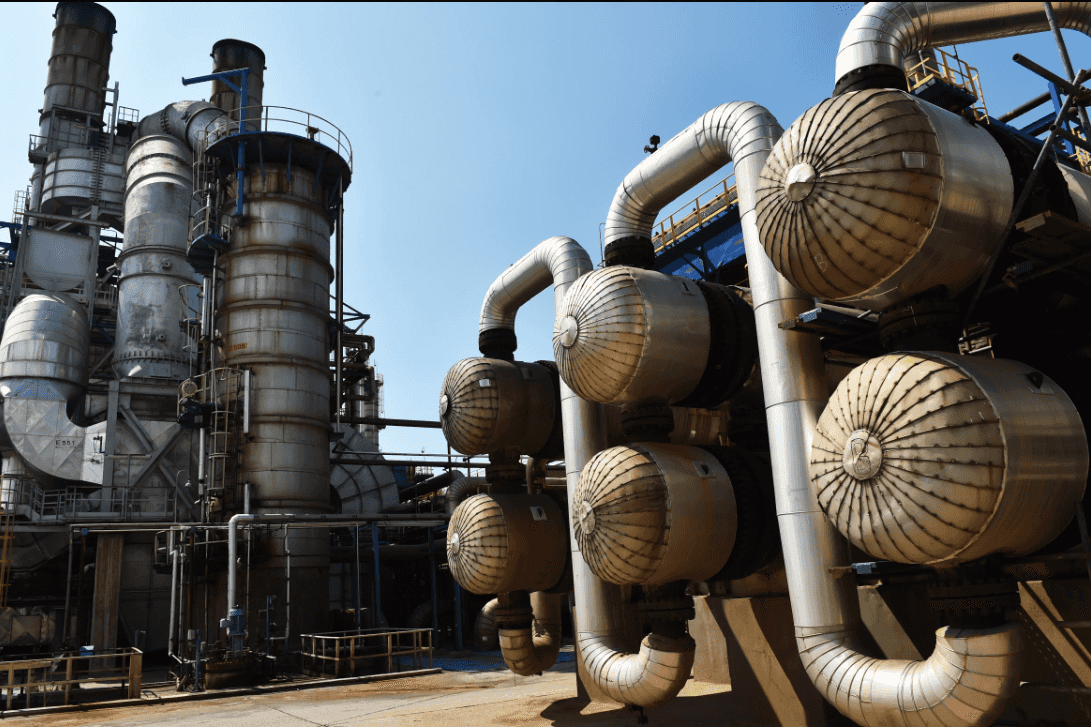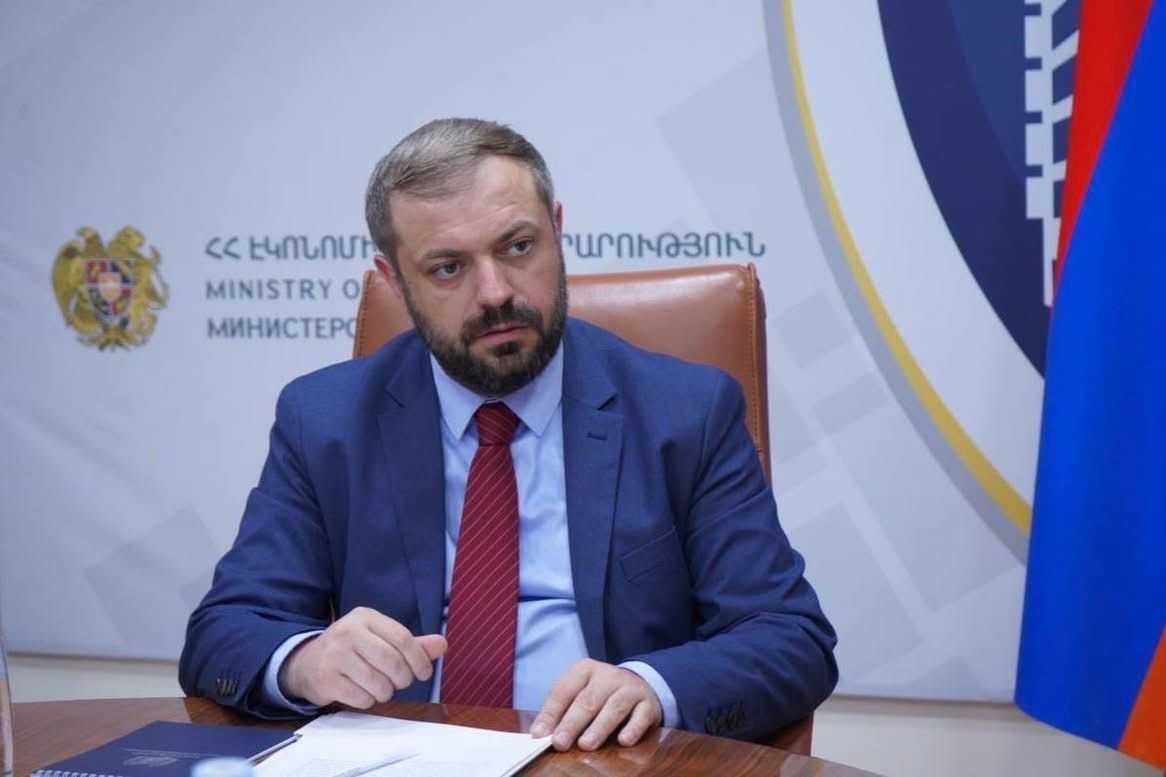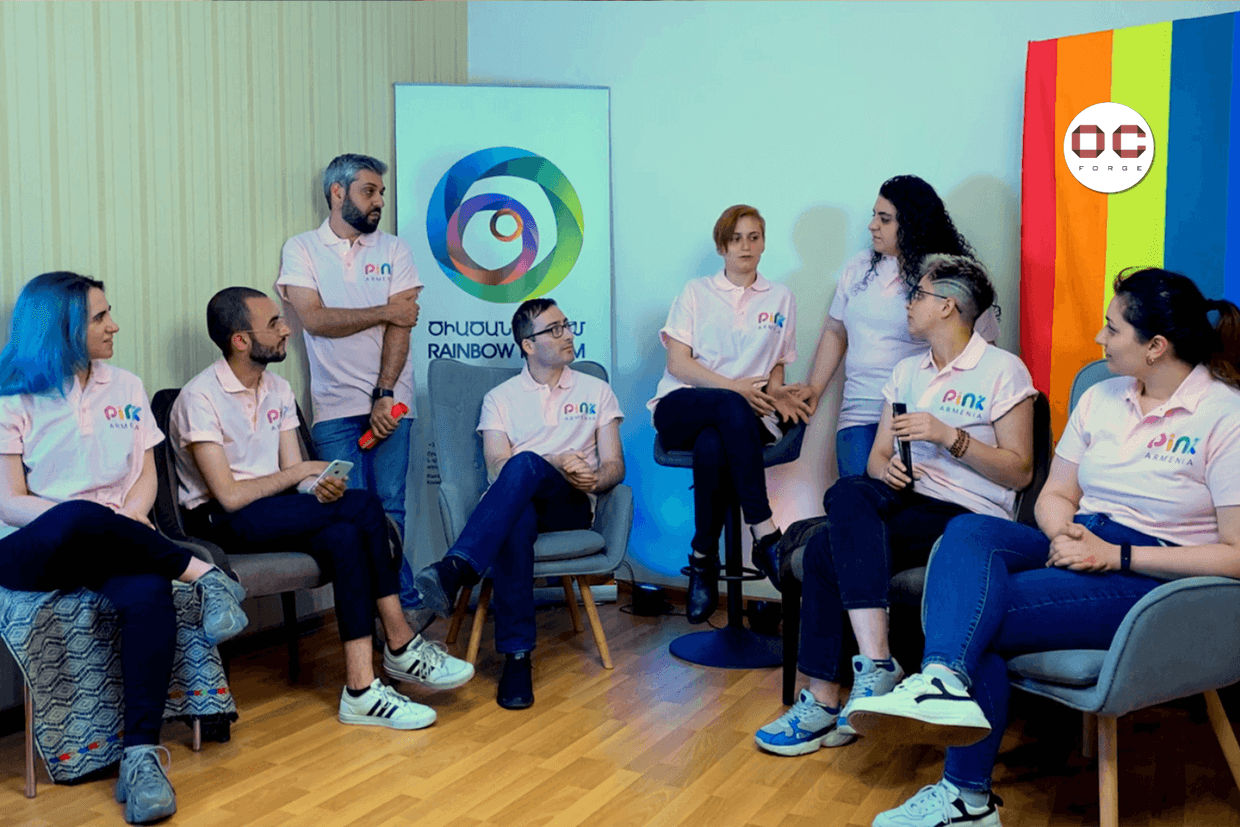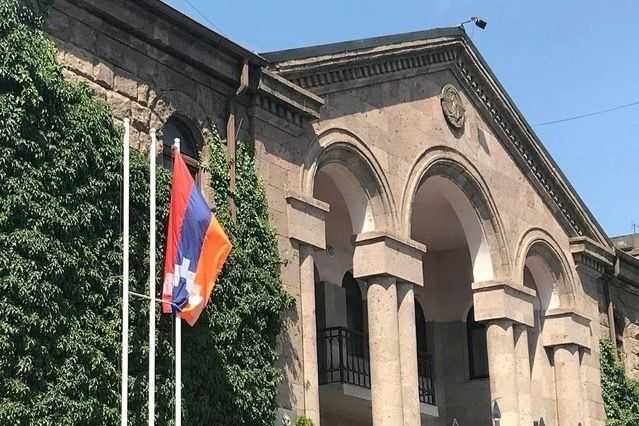

Having swept to power in a landslide electoral victory, the new government of revolutionary leader Nikol Pashinyan is now laying out its vision for a ‘New Armenia’ — with ambitious plans for peace and reform.
Following the sweeping victory of his My Step bloc in 9 December’s snap parliamentary elections, Nikol Pashinyan vowed in a Facebook live stream the next day that his government would start to implement all their pre-electoral promises as soon as the new leadership settles in.
Earlier that day, Pashinyan unveiled some of his general policy plans during a press conference with foreign reporters.
Pashinyan said he planned to axe taxes for small business, downsize the government by reducing number of ministries and state agencies, and introduce tax breaks for foreign business willing to invest in Armenia.
‘We have many ministries, some of them have to be cut. The Ministry for Diaspora could be not the Ministry for Diaspora, but a part of some government body’, Pashinyan told journalists.
Mikayel Zolyan, a political analyst who is set to become an MP for My Step, told OC Media that government structures might indeed be inflated now, and there are also state-financed institutions, such as the ‘Offices of Programme Implementation’ or ‘Government Non-Commercial Organisation’ which have functions parallel to government bodies.
Zolyan said he was also in favour of reducing ‘bureaucratic regulations’ to relieve businesses, ‘especially small and medium sized’ businesses.
Nevertheless, he said it needs proper discussion.
‘Cutting down government bureaucracy should be based on the need to make the government more efficient and excluding potential corruption risks within the government system. Merging some ministries together can be one of the ways that this will be achieved, and it is on the table, but we need to be careful, in order not to do more harm than good’, Zolyan told OC Media.
On 11 December, anti-corruption watchdog Transparency International urged the new Armenian government to ‘mitigate the negative consequences of the reforms’ with ‘social and educational packages enabling the laid off employees to continue their adaptation to new conditions’.
Tax cuts and past corruption
Pashinyan told international reporters on 10 December that he intended to introduce amendments to the tax code that would make Armenia ‘more suitable’ for investments.
He vowed to wipe out ‘economic monopolies’ which would make it easier for foreign investors to become ‘a part of the revolution’, turning Armenia ‘from agricultural to a high-tech country’.
According to Zolyan, the current tax system has benefited the ‘shadow economy’ which is about to change: they plan to reduce the current 20% profit tax rate to 18% and make income tax 23%, gradually reducing it by 2023.
‘Additionally, for the purpose of fair taxation, there will be steps making sure that “solvent taxpayers” pay a fair share of taxes. For example, the property tax calculation system will be changed to one based on the real estate market value of these properties, and there will be a transition to the taxation of the consolidated value of property units owned by one person’, Zolyan told OC Media.
He also said that the new ruling party wanted to revisit the luxury tax code, by providing a list of luxury taxpayers that was transparent and available online, to ensure ‘public control’.
While leaders of the previous ruling Republican Party (HHK) have called Pashinyan a ‘populist’ with no specific economic plans, Pashinyan accused the HHK of years of corruption.
A report from American rights group Freedom House released in April, before the change of power in Yerevan, described Armenia as a ‘semi-consolidated authoritarian regime’. It saod corruption had worsened due to the ‘HHK’s consolidation of executive, legislative, and judicial power, and due to accumulated evidence of government unwillingness to root out high-level abuse of office’.
Transparency International’s Corruption Perceptions Index ranked Armenia 107th out of 175 countries (scoring 35 out of 100 points) last year, and currently, almost one in three Armenians lives below the national poverty line.
[Read Gayane Mkrtchyan’s piece on OC Media discussing Armenia’s stagnating economy in the run up to the Velvet Revolution: Rising prices and changing taxes have sparked unrest in Armenia].
Armenian law enforcement agencies under the new leadership have pursued a number of high profile prosecutions against former senior officials for abuse of power, and also against a number of private businesses, mostly for tax evasion.
Zolyan argues for a transitional justice mechanism — a suggestion, according to him, also supported by several political parties in Armenia.
He told OC Media that the priority should be to assess and acknowledge ‘the misdeeds’ that took place in the past and to compensate the victims of injustices rather than pursue harsh punishments or to use it as a tool to divide Armenian society.
A new opening with Turkey
During the same press conference, Pashinyan also confirmed the new leadership’s will to establish diplomatic relations with Turkey ‘without any preconditions’.
He expressed hope that Turkey would have a similar position, adding that the issue was ultimately linked with Nagorno-Karabakh and Azerbaijan.
During his trip to Azerbaijan in September, Turkish President Recep Tayyip Erdoğan reaffirmed Turkey’s support for Azerbaijan in the Nagorno-Karabakh conflict.
Erdoğan stated that problems in Armenian–Turkish relations would be resolved only after the conflict between Armenia and Azerbaijan over the disputed territory is resolved, which he called ‘the absolute precondition’.
Armenia and Turkey have no diplomatic relations and the Turkish–Armenian border has been closed since 1993 due to the conflict between Armenia and Azerbaijan over Nagorno-Karabakh. Relations are further complicated by Turkey’s refusal to recognise the 1915 mass killing of Armenians in the Ottoman Empire as a genocide.
According to Diana Yayloyan, an Ankara-based research associate at the Economic Policy Research Foundation of Turkey, Ankara’s position on Nagorno-Karabakh has been a mirror reflection of that of Azerbaijan, and if it changes in future, that would only mean the idea was ‘negotiated and approved’ with Turkey’s allies in Baku.
‘Currently, the ruling Justice and Development Party (AKP) is in coalition with Nationalist Movement Party (MHP), which has the harshest position on Nagorno-Karabakh resolutions. Thereby there is no possibility of Turkey’s deviation from official Baku’s position, especially before the upcoming local elections in March 2019’, Yayloyan told OC Media.
Yayloyan said that the Velvet Revolution and the following processes in Armenia’s domestic politics have enjoyed ‘unprecedented’ coverage in leading Turkish media outlets, including state-affiliated media, which would previously mostly cover only issues related to Nagorno-Karabakh and criticise the recognition of Armenian genocide worldwide when discussing Armenia.
‘The bottom-up civic resistance built on the capacity of people became the main driver of the democratisation process in Armenia, and that attracts a lot of attention in Turkey, and even in Azerbaijan’.
Yayloyan noted that tackling the economic crisis and the Syrian issue are at the top of Turkey’s agenda, but if there were ‘tangible results’ achieved between Armenia and Azerbaijan, Ankara might accelerate state-to-state diplomacy, which froze after the Zürich Protocols, the 2009 Armenian–Turkish agreement to normalise relations, failed.
‘A more favorable situation’ for peace
Pashinyan, who unlike his predecessors does not have strong personal ties to Nagorno-Karabakh, has insisted on Nagorno-Karabakh authorities ‘having a voice’ at the negotiating table. According to him, no one else but Stepanakert would be able to represent the people of Nagorno-Karabakh in peace talks.
The new Prime Minister also had to rebuff accusations from the HHK that he was covertly acting against the interests of Nagorno-Karabakh.
In late November, Pashinyan castigated senior officials in Nagorno-Karabakh critical of his team for ‘interfering’ in Armenia’s elections.
Several days after Pashinyan’s victory, Stepanakert confirmed they had replaced their Defence Minister Levon Mnatsakanyan, with others also expected to follow. Local media had long speculated about a spat between Karabakh war veterans close to the former ruling HHK party and Pashinyan.
According to Diana Yayloyan ‘the chronic absence of transparency behind the decision-making process in Armenia during the previous governments was increasing the public frustration and fear that the governments might sacrifice vital national issues behind closed doors’.
‘Pashinyan knows this well and is constantly emphasising the importance of having an open public discussion on critical national issues.’
Although Azerbaijan has firmly rejected Nagorno-Karabakh’s authorities joining the negotiations, the very first informal talk between Azerbaijani President Ilham Aliyev and Pashinyan in early September yielded some results. During the summit of the Commonwealth of Independent States (CIS) in Tajikistan on 28 September, the two leaders agreed to set up a direct hotline between their defence ministries in order to de-escalate tensions on the Nagorno-Karabakh line of contact and the Armenian–Azerbaijani border.

Aliyev and Pashinyan also used another CIS meeting on 6 December in Saint Petersburg to discuss the prospects of swapping prisoners of war and captives. Currently, three Azerbaijanis are being held by the authorities in Nagorno-Karabakh.
After the first talks, both Armenia and Azerbaijan confirmed a relatively lowered intensity of cross-border hostilities.
On 13 and 14 December, Aliyev tweeted that ‘a more favorable situation has now emerged for solving the Nagorno-Karabakh conflict’ and ‘the year 2019 will give a new impetus to the Armenia–Azerbaijan Nagorno-Karabakh conflict settlement process’.
A more favorable situation has now emerged for solving the Nagorno-Karabakh conflict.
— Ilham Aliyev (@presidentaz) 13 December 2018
Visiting Baku on 14 December, Russian Foreign Minister Sergey Lavrov told journalists that Aliyev seemed ‘sincerely oriented towards renewing the talks, to look for constructive exchanges’.
On 14 December, Nikol Pashinyan tweeted that ‘peaceful resolution of Nagorno-Karabakh conflict remains top priority for us. We will continue with the peace process for the benefit of regional peace and security. Resolution requires genuine efforts of all parties.’
Peaceful resolution of #NagornoKarabakh conflict remains top priority for us. We will continue with the peace process for the benefit of regional peace & security. Resolution requires genuine efforts of all parties.
— Nikol Pashinyan (@NikolPashinyan) 14 December 2018
Following the 9 December parliamentary election results, Olesya Vartanyan, an analyst with peacebuilding organisation the International Crisis Group, expressed cautious optimism that the new Armenian leadership might have a mandate now to ‘reset’ peace talks with Azerbaijan over Nagorno-Karabakh.
According to Diana Yayloyan, there is a public appetite for progress in peace talks.
‘More than twenty years were wasted on the negotiations without results, every single year is adding to the economic disadvantage and increasing mutual hostile perceptions among the new generations. People are tired of war and blockade.’
‘During this initial period, it seems that Pashinyan’s government is ready to take the risk and make further steps’, Yayloyan told OC Media.
Mikayel Zolyan was more cautious in his optimism, stating that no one should expect major breakthroughs in the resolution of conflict over disputed territories, but restarting dialogue, reducing tensions along the line of contact, and decreasing the militancy in official rhetoric would be a good start.
Pashinyan insists on a geopolitical status quo
On 10 December, Pashinyan rejected the notion of Armenia being ‘in the Russian zone of influence’, reminding journalists that Armenia is a member country of both the Russia-led Eurasian Economic Union (EAEU) and the Council of Europe.
The closest format for Armenia for cooperation with the European Union is the EU–Armenia Comprehensive and Enhanced Partnership Agreement (CEPA), which was signed before pashinyan came to power, in November 2017.
Armenia’s European partners have named CEPA as a pathway to the country’s reforms, as well as to opening up to EU investments, and possibly leading to visa liberalisation talks.
After being appointed prime minister by parliament in early May, Pashinyan announced his intentions to deepen cooperation with western powers, but also confirmed as early as 14 May that Armenia would stick with its EAEU membership.
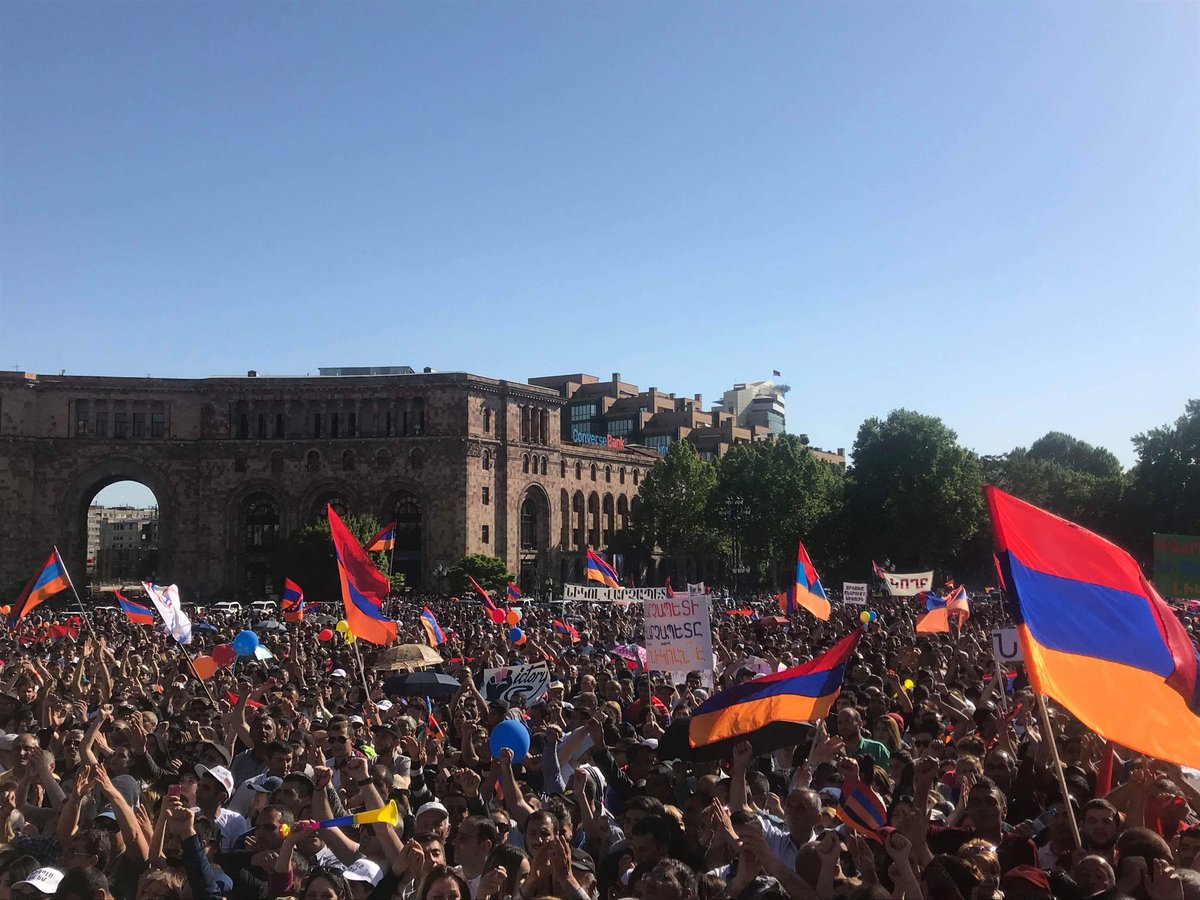
Pashinyan told reporters on 10 December that as a Collective Security Treaty Organisation (CSTO) member country, Armenia had no intention of joining NATO, but will continue cooperating with the alliance within peacekeeping missions.
The CSTO is a Russia-dominated political and military alliance in the post-Soviet region.
Fallout in the CSTO
Despite Yerevan’s insistence of no change of plans in cooperation with NATO, Moscow has been irritated with the new Armenian authorities’ dealings with the CSTO, especially after law enforcement agencies sought the arrest of the organisation’s Secretary General, Yuri Khachaturov, in July.
Khachaturov, later released on bail and permitted to travel to Russia, is a former Chief of Staff of the Armenian Armed Forces. He was advanced to this post a month after the 2008 anti-government crackdown on opposition rallies in Armenia, something the authorities are currently investigating.
While Khachaturov is no longer head of the CSTO, Yerevan sought to preserve their rotation-based presidency of the organisation, which would have expired only in 2020.
The endeavour led to tensions with Belarus and Kazakhstan. Pashinyan accused the two CSTO member countries of independently exploring options for Armenia’s replacement.
On 13 December, Kazakhstani President Nursultan Nazarbayev confirmed his support for Stanislau Zas, the current State Secretary of the Security Council of Belarus, to become CSTO Secretary.
In addition to tensions over the CSTO, Armenian law enforcement agencies have pursued companies owned by the Russian state. In August, the State Revenue Committee raided a local subsidiary of Russian Railways, and in November, they started a probe over possible tax evasion by a subsidiary of Gazprom.
In light of recent developments, US private intelligence consulting centre Stratfor reported in November that Trump’s administration intended to concentrate on developing stronger ties with Armenia, hoping ‘to exploit’ recent Armenian–Russian tensions ‘to drive a wedge between’ them.
During a trip to the South Caucasus in late October, US National Security Advisor John Bolton said his administration would be interested in exploring the sale of American weapons to Armenia.
With five days having passed since the victory of Pashinyan’s coalition in parliamentary elections, the Russian leadership has not yet congratulated Pashinyan on his victory.
Researcher Diana Yayloyan said she does not necessarily see any sign of a major foreign policy shift in the new Armenian leader’s steps. What Pashinyan might currently be attempting, according to her, is to transform the Kremlin’s policy towards the country to consider Armenia a ‘reliable strategic ally’ in the region, instead of a ‘client’ state.
For ease of reading, we choose not to use qualifiers such as ‘de facto’, ‘unrecognised’, or ‘partially recognised’ when discussing institutions or political positions within Abkhazia, Nagorno-Karabakh, and South Ossetia. This does not imply a position on their status.



